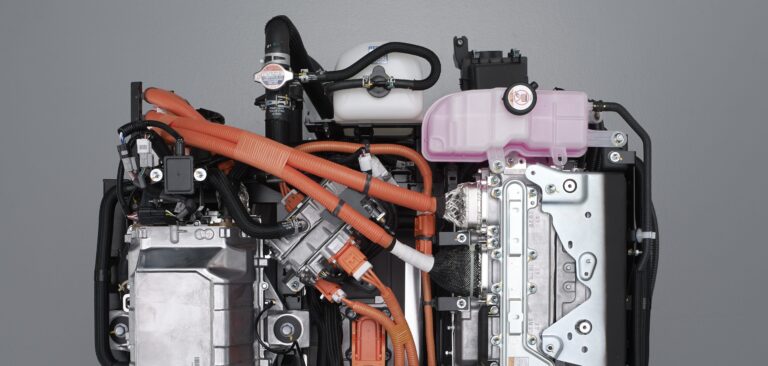To maximize the opportunities for the development of hydrogen as a viable fuel in Europe, Toyota Motor Europe (TME) says it has established a Fuel Cell Business Group to oversee its hydrogen activities across the region.
Based in Brussels, the group aims to strengthen the business case for hydrogen and support its introduction into mobility and other fields, including making it accessible to commercial partners. The group’s activities will include working with national and regional governments as well as industrial partners. The company says this will support a long-term sustainability strategy, in order to have a deeper impact on its SDGs (sustainable development goals).
Speaking at Toyota’s Kenshiki forum last week, Thiebault Paquet, director of the Fuel Cell Business Group noted, “The benefits of hydrogen are clear. That’s why we expect our global sales of fuel cell systems to increase by a factor of 10 in the short term, and why we have dramatically increased our production capacity.”
Following the recent launch of its second-generation Mirai FCEV, Toyota says that its technology has the flexibility to be used in a range of applications beyond passenger vehicles. For example, it is already deployed in trucks, urban bus fleets, forklifts and generators, and tests are also under way on marine and rail projects.
To accelerate hydrogen’s widespread adoption, Toyota says it will focus on hydrogen “clusters” (eco-systems) in European centers where local infrastructure is supportive of the development of sustainable transport fleets and mobility services. It believes this type of activity will drive demand for hydrogen, bringing down costs and strengthening the viability of the supply infrastructure, which in turn will attract more customers.


